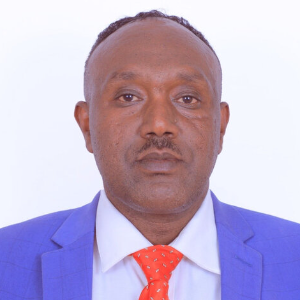Title : Trauma and depression in Ethiopian women returning from middle eastern countries
Abstract:
A 27-year-old Coptic Christian woman who had been in Beirut for 3 years and in Dubai for 5 years as a migrant worker and who has now returned to Ethiopia,discusses her experience: “The cause for my migration was poverty and peer pressure. I encountered emotional abuse by the children of employing families. My employers themselves were not abusive to me except for the heavy workload they demanded. It took me a long time to become adjusted because I feared that I would never be able to learn their language and their different eating customs, and they criticized my dress. Their home felt too big to stay alone in during the day. I was ashamed of my identity when people assumed that all Ethiopians had been raised in famine and made remarks like ‘Are there potatoes in your country?’Others told me, ‘All you Ethiopians are poor beggars.’. . . In Dubai, people assumed that all Ethiopian women were prostitutes, because a few were. Blacks were considered inferior, including Ethiopians, because they were poor. I developed a feeling of self-hatred, with thoughts like ‘Why did God create us poor? When will I start to live my own life?’Now I view what happened as inevitable challenges in my life. But I blame the migration for the fact that I remain unmarried and am left with a burn scar on my face from working in a kitchen there. I often experienced ‘kuta kuta yilegnal’[an Amharic expression for being irritated frequently]. I had nightmares and dizzy symptoms, but they ceased when I left the Arab countries. I am relieved to be home, but when I was there I also felt sad whenever I thought about those girls who did not have a work visa, because they did not have the freedom to move to escape their poverty. I have never thought to visit a doctor for mental health problems.” A 22-year-old Muslim woman who had worked in Dubai reported:“I encountered attempted sexual violence with two sons of employers. They called me using derogatory words kelib and ayhon, which mean dog and animal, respectively.The madam beat me when she was angry. I was raped and then imprisoned because of my unwanted pregnancy from the rape.
I became suicidal and resolved to return home. Despite all that happened, I faced no challenge regarding my identity. I met with Ethiopian women friends every Sunday and telephoned them frequently. I saw a girl there who got mad at her abuse by shouting back, ‘Ene yegemahu negn?[ Amharic expression meaning ‘Am I dirt?’]. We were of great help to each other. I am proud of being an Ethiopian,because we are discipline.



